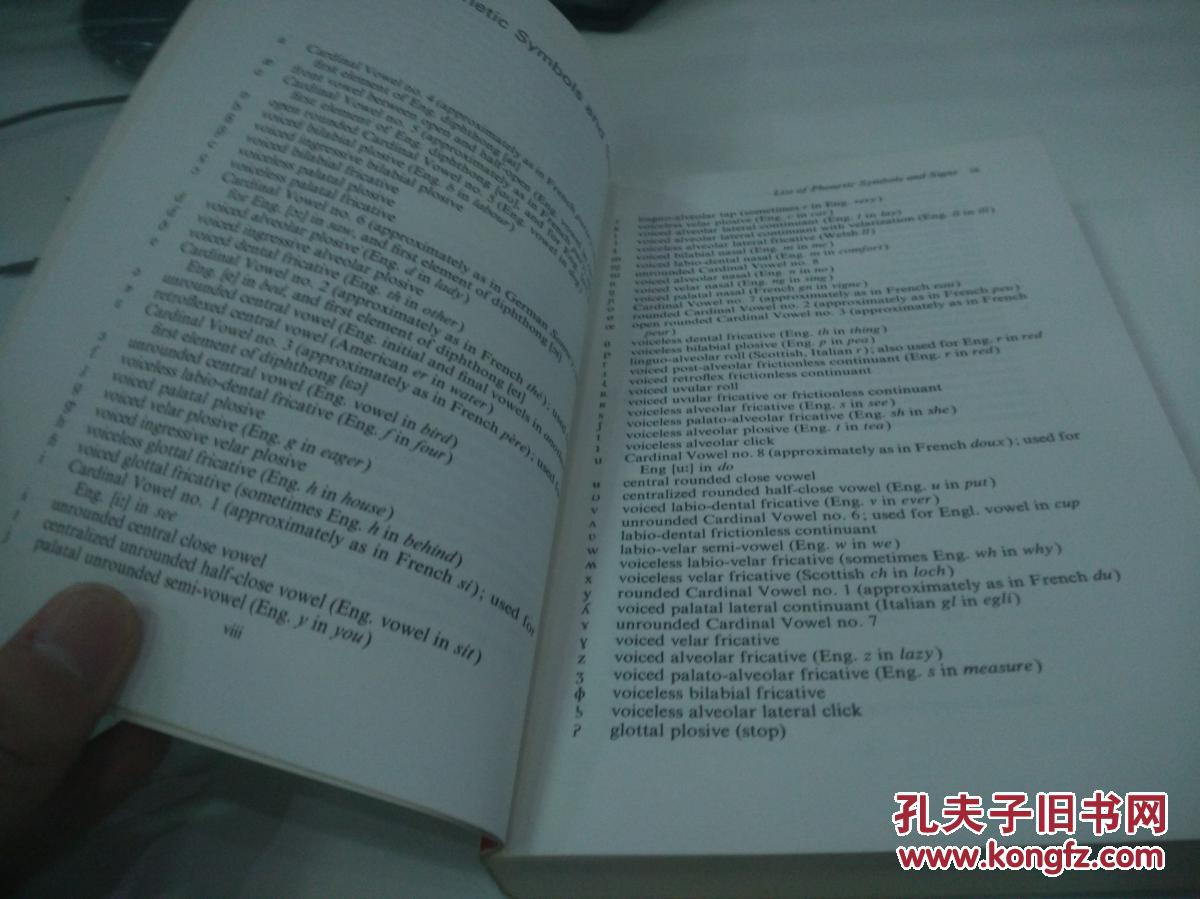In the realm of English language learning, mastering the correct pronunciation of words is crucial for effective communication. When it comes to healthcare and medical settings, understanding how to correctly say "hospital" is vital for patients, visitors, and medical professionals alike. This article delves into the intricacies of pronouncing "hospital" in English, providing a comprehensive guide that includes its definition, historical origins, different regional accents, and practical tips for perfect pronunciation.
Definition and Historical Background
The word "hospital" derives from the Latin term "hospes," meaning "guest" or "stranger," and the suffix "-ital," indicating a place or condition. In its original sense, a hospital was a place where strangers or travelers could find shelter and care. Over time, the concept evolved to encompass a facility dedicated to providing medical treatment and care for the sick and injured.
In modern English, "hospital" refers to an institution that offers a wide range of medical services, including inpatient and outpatient care, emergency services, diagnostic tests, and surgical procedures. It is a vital part of the healthcare system, ensuring that individuals receive the necessary medical attention when they need it.
Regional Accents and Pronunciation Variations
English is a diverse language with numerous regional accents and dialects. As a result, the pronunciation of "hospital" can vary slightly across different parts of the world. Here are some common variations:
British English (Standard Accent): In the UK, the pronunciation is typically [hɒs'pɪtl], with a stressed first syllable and a slightly rounded 'o' sound in 'hospital.' The 't' at the end is often softened or even omitted in some regional accents.
American English: In the United States, the pronunciation is often [hɑs'pɪtl] or [hɑs'pital], with a more open 'a' sound in 'hospital' compared to the British version. The 't' is usually pronounced clearly.
Australian English: Australians tend to pronounce it as [hɒs'pɪtl], similar to British English but with a slightly different emphasis on the vowels.
Canadian English: Canadians often follow the British pattern but with a more neutral accent, making it [hɒs'pɪtl] as well.
These variations demonstrate how regional accents can influence the way we pronounce words, but they all essentially convey the same meaning: a place for medical treatment and care.
Practical Tips for Perfect Pronunciation
To perfect your pronunciation of "hospital," follow these practical tips:
1、Focus on the Stress: In most accents, "hospital" is stressed on the first syllable. Practice emphasizing the 'hos' part by starting with a fuller and more prominent sound than the following 'pi-tl.'
2、Vowel Sounds: For British English, aim for a rounded 'o' sound in 'hospital.' In American English, go for a more open 'a' sound. Practice these vowel sounds separately to get them right in context.
3、The 'T' Sound: In most cases, the 't' at the end is pronounced clearly. Practice saying "hospital" without skipping this sound to avoid confusion or mispronunciation.
4、Listen and Imitate: Listen to native speakers from different regions to get a sense of how they pronounce "hospital." Try imitating their accent and style to improve your own pronunciation.
5、Use Online Resources: There are numerous online tools and apps that offer pronunciation guides and exercises. Utilize these resources to practice your "hospital" pronunciation in a fun and interactive way.
6、Practice in Context: Using "hospital" in sentences while speaking or reading aloud helps integrate it into your natural speech patterns. Try saying things like, "I need to go to the hospital for my appointment" or "The hospital is open 24/7."
Importance in Medical Settings
In medical settings, correct pronunciation of "hospital" is not just about grammar or etiquette; it's about ensuring clear communication between patients, visitors, and healthcare professionals. Mispronounced words can lead to misunderstandings or even mistakes in critical situations. For instance, if a patient is asked to go to a "hos-pital" instead of an "eye-spital" (for an eye examination), it could result in delayed or incorrect treatment.
Moreover, proper pronunciation fosters trust and confidence between patients and healthcare providers. When patients hear their medical team using words correctly and clearly, they are more likely to feel reassured and well-cared for. This positive atmosphere can contribute to better outcomes and improved patient satisfaction.
Conclusion
Mastering the correct pronunciation of "hospital" in English is an important aspect of effective communication in both personal and professional contexts. By understanding its historical origins, regional variations, and practical tips for perfecting your pronunciation, you can confidently use this word in any medical setting or everyday conversation. Remember, practice makes perfect, so keep up your efforts to ensure that your "hospital" is pronounced with precision and clarity.
















 京公网安备11000000000001号
京公网安备11000000000001号 京ICP备11000001号
京ICP备11000001号
还没有评论,来说两句吧...